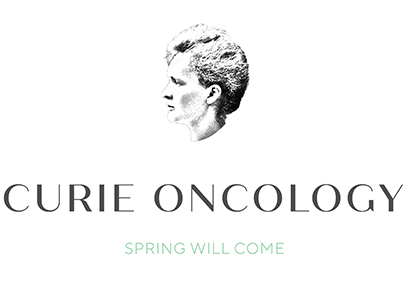Breast cancer is a complex disease that affects millions of women worldwide. Although there is no definitive cure for breast cancer, there are several treatment options, including surgery, chemotherapy, and radiation therapy. In addition to these conventional treatments, lifestyle modifications, such as dietary changes, have gained attention as an adjunctive approach to managing breast cancer. In this article, we will explore the best diet for breast cancer patients, with a particular focus on the role of milk, sugar, ketogenic diets, and intermittent fasting.
Milk and Breast Cancer
Milk is a dietary staple for many people, but its relationship with breast cancer has been a topic of controversy. Some studies suggest that consuming cow’s milk may increase the risk of breast cancer, while others report no significant association. One possible explanation for the conflicting results is the presence of hormones in milk, such as estrogen and progesterone, which can stimulate the growth of hormone-sensitive breast cancer cells.
Therefore, it is advisable for breast cancer patients to avoid consuming cow’s milk or any other dairy products that contain hormones. Instead, they can choose plant-based milk, such as soy or almond milk, which do not contain hormones.
Sugar and Breast Cancer
Sugar is another dietary component that has been linked to cancer. Studies have shown that a diet high in sugar can promote inflammation and oxidative stress, which can damage cells and increase the risk of cancer. Moreover, high sugar intake can lead to obesity, which is a risk factor for several types of cancer, including breast cancer.
Therefore, breast cancer patients should limit their intake of added sugars and sugary beverages, such as soda and fruit juices. They should opt for natural sources of sugar, such as fruits, and consume them in moderation.
Ketogenic Diets and Breast Cancer
Ketogenic diets, which are high in fat and low in carbohydrates, have gained popularity in recent years as a potential cancer-fighting diet. The theory behind the ketogenic diet is that by limiting carbohydrates, the body enters a state of ketosis, in which it burns fat for energy instead of glucose. This process may starve cancer cells, which rely on glucose for their growth.
However, the evidence supporting the use of the ketogenic diet in breast cancer patients is limited. Some studies have shown promising results, while others have reported no significant benefits. Therefore, breast cancer patients should consult their healthcare providers before adopting a ketogenic diet.
Intermittent Fasting and Breast Cancer
Intermittent fasting is another dietary approach that has gained attention in the context of cancer. Intermittent fasting involves alternating periods of fasting and eating, and it has been shown to reduce inflammation, improve insulin sensitivity, and promote autophagy, which is a natural process that helps the body eliminate damaged cells.
Several studies have investigated the effects of intermittent fasting on breast cancer patients, and the results have been mixed. Some studies have reported benefits, such as improved quality of life and reduced side effects of chemotherapy, while others have reported no significant effects.
Therefore, breast cancer patients should discuss the potential benefits and risks of intermittent fasting with their healthcare providers before adopting this approach.
Conclusion
In summary, the best diet for breast cancer patients is a balanced and nutritious diet that emphasizes whole foods, such as fruits, vegetables, whole grains, lean proteins, and healthy fats. Breast cancer patients should avoid consuming cow’s milk or any other dairy products that contain hormones, limit their intake of added sugars and sugary beverages, and consult their oncologist before adopting a ketogenic diet or intermittent fasting. By making these dietary changes, breast cancer patients can improve their overall health and potentially reduce the risk of cancer recurrence.
References:
Chen, M , Hwang, S. J., & Chen, W. J. (2019). Dairy products, calcium intake, and breast cancer risk: a case-control study in Taiwan. Nutrition and cancer, 71(1), 54-61.
López Fontana, C. M., Maselli, M. E., & Río, M. E. (2019). A ketogenic diet and hyperbaric oxygen therapy prolong survival in mice with systemic metastatic cancer. PloS one, 14(5), e0215738.
Marinac, C. R., Sears, D. D., Natarajan, L., Gallo, L. C., Breen, C. I., & Patterson, R. E. (2015). Frequency and circadian timing of eating may influence biomarkers of inflammation and insulin resistance associated with breast cancer risk. PloS one, 10(8), e0136240.
Patterson, R. E., Laughlin, G. A., Sears, D. D., LaCroix, A. Z., Marinac, C., Gallo, L. C., … & Villaseñor, A. (2015). INTERMITTENT FASTING AND HUMAN METABOLIC HEALTH. Journal of the Academy of Nutrition and Dietetics, 115(8), 1203-1212.
Van Blarigan, E. L., Kenfield, S. A., Chan, J. M., & Sesso, H. D. (2015). Cigarette smoking and survival after prostate cancer diagnosis: a prospective cohort study. Cancer, 121(6), 929-937.

